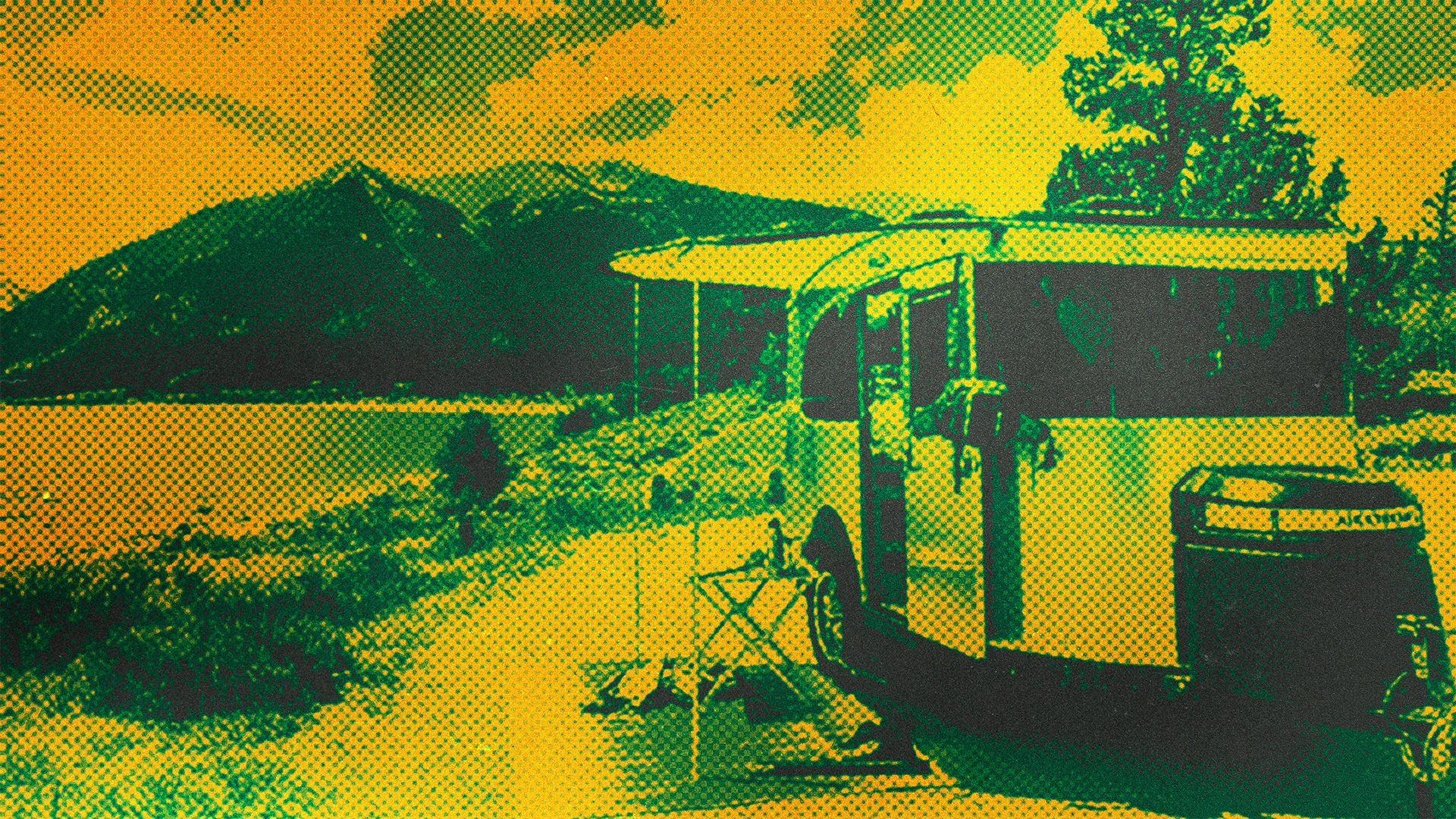Camping is one of the best ways to connect with nature, but as more people take to the outdoors, minimizing our environmental impact is crucial. Eco-friendly camping practices not only preserve natural landscapes for future generations but also create a more meaningful and respectful experience in the wild.
This guide covers essential tips for sustainable camping, from minimizing waste and choosing eco-friendly gear to following Leave No Trace principles and sourcing food and fuel responsibly. Let’s dive into how you can enjoy nature while preserving it.
Minimize Waste: Pack It In, Pack It Out
One of the most effective ways to reduce your impact is to leave no trace of your visit. That starts with minimizing waste. Bring reusable containers, avoid single-use plastics, and pack food items in bulk when possible. For waste that you can’t avoid, like wrappers or food scraps, pack it out and dispose of it properly when you leave.
Think ahead by planning meals and packing only what you need. This reduces the amount of packaging waste and leftover food, both of which can harm wildlife and disrupt ecosystems if not handled correctly.
Choose Eco-Friendly Camping Gear
Opting for eco-friendly camping gear is an easy way to lessen your environmental impact. Look for gear made from sustainable materials like bamboo, recycled plastics, or organic cotton. Many brands now offer products with minimal environmental impact, such as solar-powered lanterns, biodegradable utensils, and refillable water bottles.
Investing in quality gear also means it will last longer, reducing the need for replacements and minimizing waste over time. Prioritize products with certifications like the Global Organic Textile Standard (GOTS) or bluesign® to ensure you’re making sustainable choices.
Practice Leave No Trace Principles
The Leave No Trace (LNT) principles provide a clear framework for protecting the outdoors. These seven guidelines help campers minimize their impact on the environment:
- Plan Ahead and Prepare: Research the area, know the rules, and understand how to camp responsibly.
- Travel and Camp on Durable Surfaces: Stick to established trails and campsites to avoid damaging fragile ecosystems.
- Dispose of Waste Properly: Pack out all trash, leftover food, and waste materials.
- Leave What You Find: Avoid disturbing plants, rocks, and other natural elements.
- Minimize Campfire Impact: Use a camp stove instead of a fire, or keep fires small and contained in designated areas.
- Respect Wildlife: Observe animals from a distance, and never feed them or disrupt their habitats.
- Be Considerate of Others: Keep noise levels low and respect fellow campers.
By following these principles, you contribute to preserving the beauty and health of natural areas, making them enjoyable for everyone.
Source Food and Fuel Responsibly
When planning meals for camping, consider food options that are both eco-friendly and easy to transport. Opt for locally sourced, organic foods to reduce your carbon footprint, and avoid pre-packaged, single-use items when possible. Dehydrated or bulk foods are great choices, as they are lightweight, require minimal packaging, and create less waste.
For cooking, consider a camp stove over a campfire to minimize fire risk and avoid harming the surrounding environment. If you prefer a fire, use only designated fire rings and local firewood to prevent spreading pests or diseases between ecosystems.
Use Eco-Friendly Cleaning Practices
Washing dishes or cleaning up at a campsite requires a little extra care. Always use biodegradable soap, and keep your cleaning activities at least 200 feet away from any water source to prevent contaminating lakes, rivers, or streams. Carry a small wash basin for dishes and personal hygiene, and avoid pouring wastewater directly onto the ground.
After washing, scatter wastewater over a broad area or dispose of it in a waste pit if available. This prevents concentrated areas of runoff and reduces your impact on local soil and plant life.
Respect Wildlife and Their Habitat
Camping puts us in close proximity to wildlife, and respecting these creatures is essential to eco-friendly camping. Avoid feeding animals, as human food can harm their health and lead to dependency. Keep a safe distance from wildlife to avoid stressing animals and disrupting their natural behaviors.
Store your food securely to prevent animals from getting into it, as this can alter their natural diet and make them more dependent on human food sources. Most importantly, never approach or attempt to handle wild animals, even if they appear friendly.
Reduce Your Carbon Footprint While Traveling
Eco-friendly camping begins before you even reach your campsite. Consider carpooling, biking, or taking public transportation to reduce emissions. If you’re driving, plan fuel-efficient routes and avoid unnecessary detours to minimize fuel consumption.
Once at your site, limit your use of electronic devices to reduce battery usage. Solar chargers are a great way to keep essential devices powered without relying on batteries or portable generators.
Embrace the Quiet and Natural Beauty
One of the best ways to appreciate and protect nature is simply to immerse yourself in its tranquility. Reduce noise pollution by keeping voices and music low, and avoid bright lights that disturb nocturnal wildlife. Embracing a quiet, low-impact camping experience not only enhances your enjoyment but also respects the natural rhythms of the environment around you.
Every small effort counts when it comes to eco-friendly camping. By adopting these sustainable practices, you’re helping to preserve the natural beauty of our planet and ensuring that future generations can enjoy the same pristine landscapes. Happy camping, and thank you for treading lightly!



